Nokia Corporation's Strategic Share Buyback Program and Financial Performance
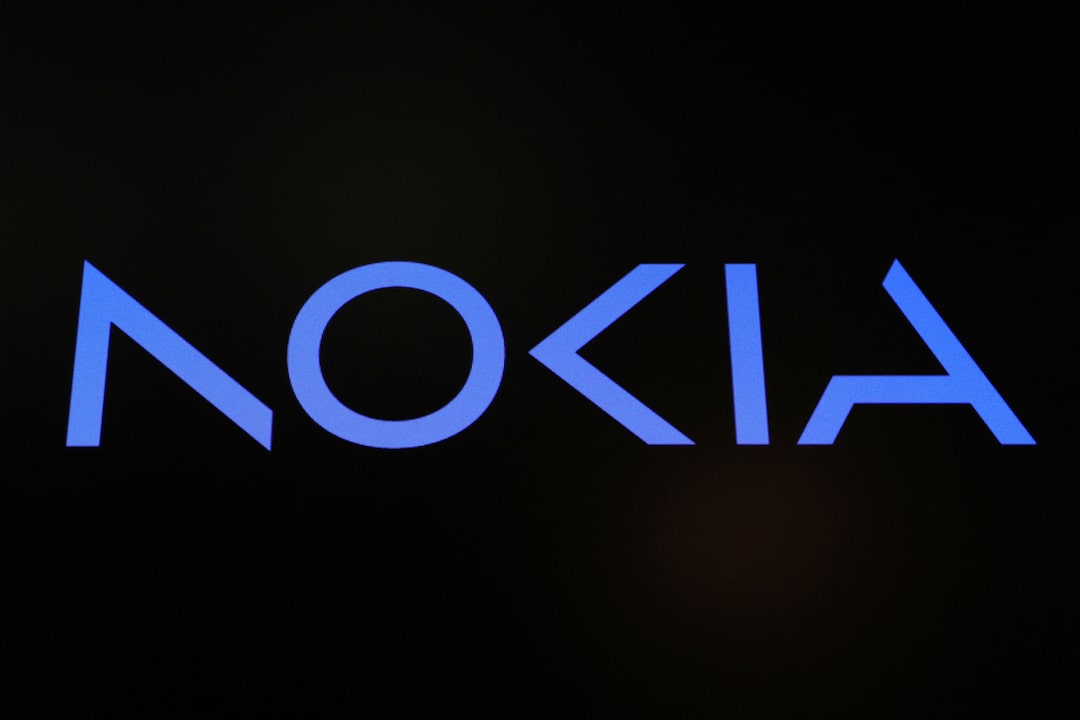
- Nokia Corporation (NYSE:NOK) announced a share buyback program to mitigate the dilutive effects of new shares, planning to repurchase 150 million shares for a maximum of €900 million.
- The company reported earnings per share of $0.19 and actual revenue of approximately $6.23 billion, surpassing estimates and highlighting its strong financial health.
- Despite a positive earnings report, Nokia's stock price has experienced some volatility, currently standing at $4.65, with a year's fluctuation between $4.95 and $3.29.
Nokia Corporation, listed on the NYSE:NOK, is a global leader in telecommunications and consumer electronics. The company is known for its network infrastructure, technology services, and licensing. Nokia competes with other major players like Ericsson and Huawei in the telecommunications industry. Recently, Nokia announced a share buyback program to manage the dilutive effects of new shares issued.
The buyback program, initiated by Nokia's Board of Directors, aims to repurchase 150 million shares with a maximum aggregate purchase price of €900 million. This move is designed to counteract the dilution from shares issued to Infinera Corporation shareholders and share-based incentives. As of January 29, 2025, Nokia executed transactions worth €3.78 million, holding 234.29 million treasury shares.
Nokia's financial performance has been strong, as highlighted by its recent earnings report on January 30, 2025. The company reported earnings per share of $0.19, surpassing the estimated $0.14. Additionally, Nokia's actual revenue of approximately $6.23 billion exceeded the estimated $4.40 billion, showcasing its robust financial health.
Despite the positive earnings report, Nokia's stock price is currently $4.65, reflecting a decrease of 1.17% or $0.055. The stock has fluctuated between a low of $4.61 and a high of $4.71 during the trading day. Over the past year, Nokia's stock has reached a high of $4.95 and a low of $3.29, indicating some volatility in its market performance.
Nokia's market capitalization stands at approximately $25.29 billion, with a trading volume of 15.76 million shares today. The share buyback program, conducted in compliance with EU regulations, is managed by BofA Securities Europe SA on behalf of Nokia. This strategic move aims to enhance shareholder value and stabilize the company's stock performance.
| Symbol | Price | %chg |
|---|---|---|
| SUPR.JK | 43875 | 0 |
| 4333.HK | 400 | 0 |
| 178320.KQ | 25950 | -3.08 |
| 601138.SS | 75.24 | 0 |
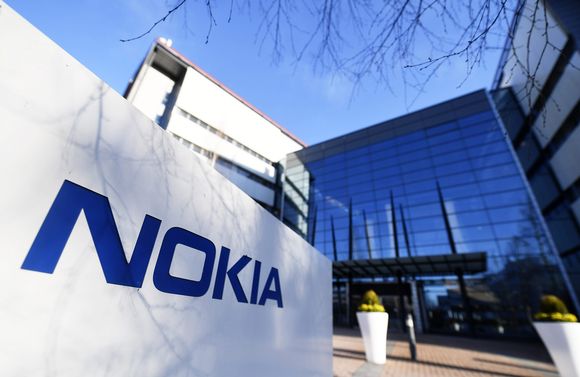
Nokia Corporation (NYSE:NOK) Stock Update and Analyst Rating
- UBS maintains a Neutral rating on Nokia Corporation (NYSE:NOK) with an increased price target from EUR 4.10 to EUR 5.40.
- Senior manager Tommi Uitto acquired 125 shares, indicating insider confidence in the company's future.
- Nokia's stock price stands at $6.36, reflecting a slight increase and active investor interest.
Nokia Corporation (NYSE:NOK) is a prominent player in the B2B technology sector, known for its innovative solutions in mobile, fixed, and cloud networks. The company is at the forefront of developing networks that can sense, think, and act. As of October 28, 2025, UBS has maintained a Neutral rating for Nokia, advising investors to hold the stock. At this time, the stock price stands at $6.36.
UBS has also adjusted Nokia's price target, increasing it from EUR 4.10 to EUR 5.40. This change reflects a positive outlook on the company's future performance. On October 27, 2025, a manager's transaction was reported involving Tommi Uitto, a senior manager at Nokia. Uitto acquired 125 shares at a unit price of 5.36 EUR on NASDAQ Helsinki Ltd, as highlighted by the EU Market Abuse Regulation.
Nokia's stock has shown a slight increase of 0.95%, with a change of $0.06, reaching a current price of $6.36. The stock has experienced fluctuations today, with a low of $6.33 and a high of $6.44. Over the past year, Nokia's stock has seen a high of $6.44 and a low of $3.91, indicating some volatility in its performance.
The company has a market capitalization of approximately $34.2 billion, reflecting its significant presence in the technology sector. Today's trading volume for Nokia is 41.16 million shares, suggesting active investor interest. As Nokia continues to innovate and expand its network capabilities, its stock performance remains a point of interest for investors and analysts alike.
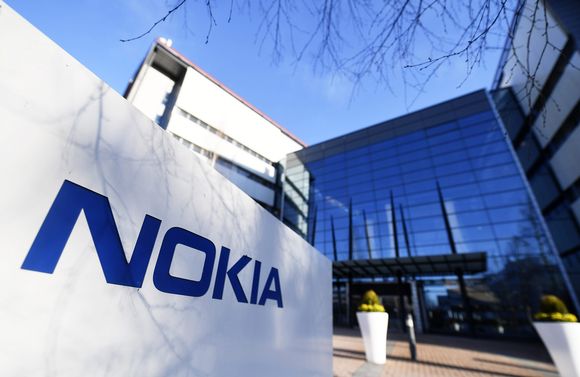
Nokia Corporation's Strong Financial Performance and Market Position
- Nokia Corporation (NYSE:NOK) reported earnings per share of $0.069, surpassing estimates and highlighting its strong market position.
- The company's revenue of approximately $5.61 billion exceeded expectations, driven by increased sales in network infrastructure equipment.
- Nokia's financial stability is evident through favorable financial metrics such as a P/E ratio of approximately 25.45 and a low debt-to-equity ratio of about 0.21.
Nokia Corporation, listed on the NYSE as NOK, is a Finnish telecommunications company known for its network infrastructure and technology services. On October 23, 2025, Nokia reported earnings per share of $0.069, surpassing the estimated $0.06. The company also reported revenue of approximately $5.61 billion, exceeding the estimated $4.64 billion. This financial performance highlights Nokia's strong market position and its ability to exceed expectations.
Nokia's CEO, Justin Hotard, emphasizes the transformative potential of artificial intelligence, describing it as a "supercycle." This perspective aligns with Nokia's recent financial success, driven by increased sales of network infrastructure equipment. The demand from AI and data-center customers in North America has significantly contributed to this growth, showcasing the importance of advanced network solutions in supporting AI and cloud computing.
The company's third-quarter profit exceeded expectations, fueled by strong demand in the optical and cloud sectors. This demand is particularly evident in AI-driven data centers, which rely on Nokia's technology. The recent acquisition of Infinera has further bolstered Nokia's performance, enhancing its capabilities in the optical networking space and contributing to its positive financial results.
Nokia's financial metrics provide insight into its market valuation and financial health. With a price-to-earnings (P/E) ratio of approximately 25.45, the market values Nokia's earnings favorably. The price-to-sales ratio of about 1.34 indicates investor willingness to pay for each dollar of sales. Additionally, the enterprise value to sales ratio of around 1.30 reflects Nokia's total valuation relative to its sales.
Nokia's financial stability is further highlighted by its enterprise value to operating cash flow ratio of approximately 12.32, indicating efficient cash flow generation. The company maintains a low debt-to-equity ratio of about 0.21, suggesting a conservative approach to leveraging debt. With a current ratio of approximately 1.46, Nokia demonstrates strong liquidity, ensuring it can meet short-term liabilities effectively.
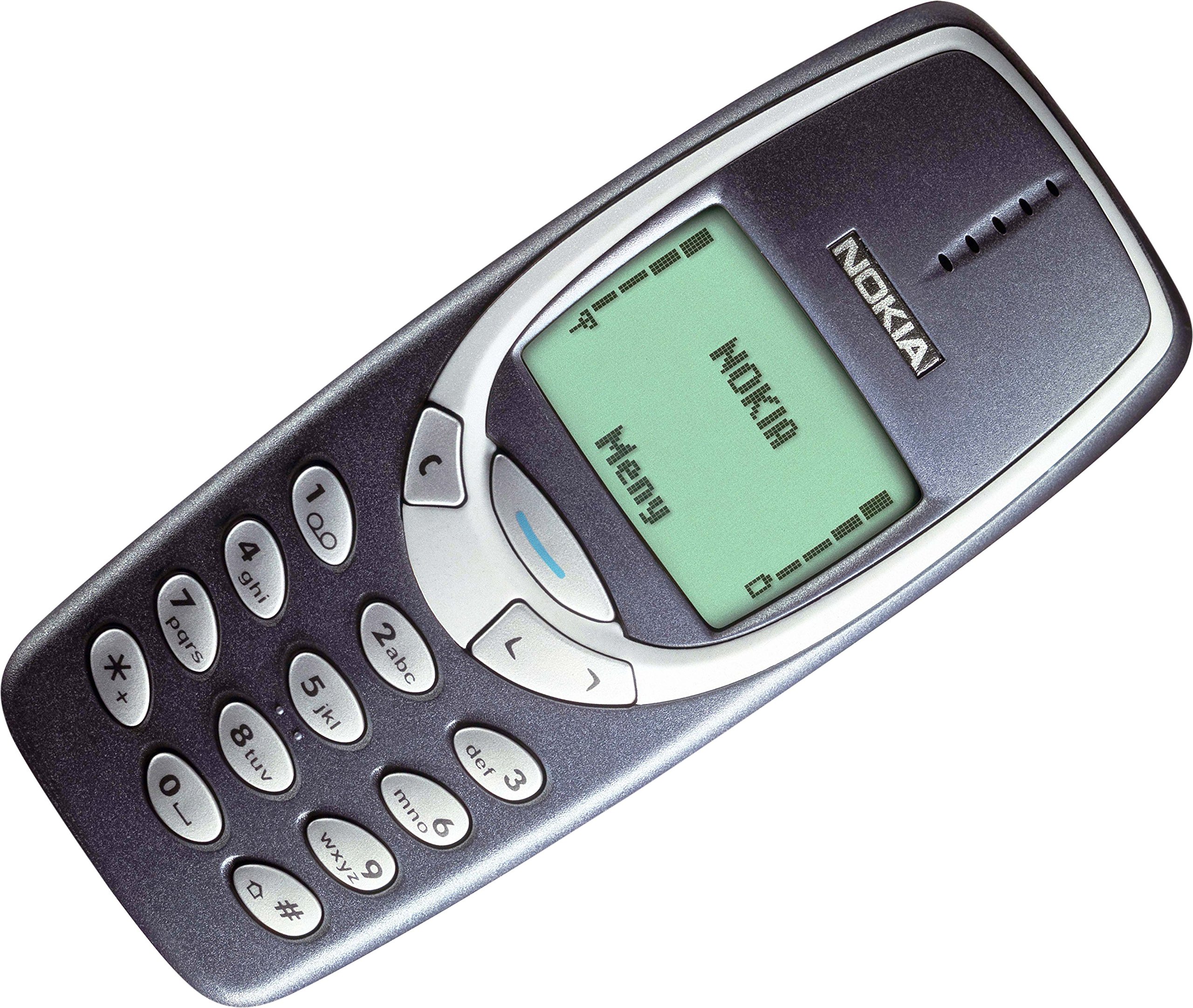
Nokia Partners with Empyrion Digital to Enhance Connectivity in Asia-Pacific
Nokia (NYSE:NOK) is a global leader in telecommunications and digital infrastructure, known for its innovative solutions in network technology. The company has a strong presence in the Asia-Pacific region, which is further solidified by its recent partnership with Empyrion Digital. This collaboration aims to enhance the connectivity of the KR1 Gangnam Data Center in Seoul, South Korea, and improve network automation and sustainability for Empyrion Digital.
Empyrion Digital, a key player in the Asian digital infrastructure market, will utilize Nokia's advanced data center gateway and aggregation switches, including the 7250 Interconnect Router (IXR) and the 7210 Service Access System (SAS). These solutions are designed to boost the reliability, scalability, and operational efficiency of Empyrion's data center interconnect network.
This partnership is expected to leverage Nokia's robust supply chain and strong regional presence to facilitate a swift upgrade across several countries. Despite Nokia's strong market presence, the company reported earnings per share of $0.05 on July 24, 2025, which fell short of the estimated $0.07. However, Nokia's revenue of approximately $5.35 billion surpassed the estimated $4.72 billion, showcasing its ability to generate substantial sales.
The company's price-to-earnings (P/E) ratio of 18.84 reflects the market's valuation of its earnings, while a price-to-sales ratio of 0.99 indicates that its market capitalization is nearly equal to its total sales. Nokia's financial metrics reveal a stable financial position, with an enterprise value to sales ratio of 0.95 and an enterprise value to operating cash flow ratio of 9.03. These figures provide insight into the company's valuation, including debt and cash flow generation.
Additionally, Nokia's debt-to-equity ratio of 0.21 suggests a relatively low level of debt compared to equity, while a current ratio of 1.46 indicates a good level of liquidity to cover short-term liabilities. The partnership with Empyrion Digital aligns with Nokia's strategy to meet the evolving needs of digital infrastructure providers. Nokia's solutions are designed to ensure automation-ready and energy-efficient networks, which are crucial for managing growing data traffic demands. As highlighted by Kent Wong, Vice President and Head of IP Networks for Asia Pacific at Nokia, the Data Center Fabric solution will deliver high network performance, further strengthening Nokia's position in the market.
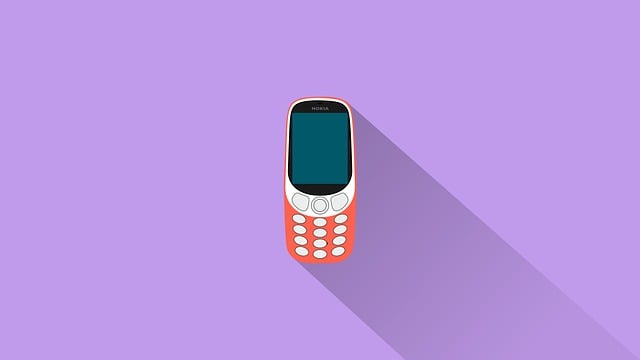
Nokia Powers Medusa Subsea Cable System to Boost Connectivity
- Nokia (NYSE:NOK) is set to enhance digital connectivity across Europe and North Africa with the Medusa subsea cable system.
- The project employs Nokia’s advanced technology to support the rollout of 5G and meet increasing bandwidth demands.
- Despite a slight miss in earnings per share, Nokia's revenue exceeds estimates, indicating strong financial performance.
Nokia (NYSE:NOK) is a global leader in telecommunications, known for its innovative solutions in network infrastructure and technology. The company is now set to power the Medusa subsea cable system, a major project aimed at boosting connectivity across Europe and North Africa. This open-access network, owned by AFR-IX Telecom, will link the Atlantic coast, Mediterranean Sea, and the Red Sea, enhancing digital connectivity in countries like Morocco, Tunisia, Libya, Algeria, and Egypt.
The Medusa cable system will employ Nokia’s 1830 Global Express platform and ICE7 coherent optics, which can transmit tens of terabits per second per fiber pair. This technology will provide high-capacity, low-latency connectivity, supporting the rollout of 5G, expanding cloud infrastructure, and meeting the increasing bandwidth demands of AI and future technologies. Despite a recent earnings report where Nokia's earnings per share of $0.05 fell short of the estimated $0.07, the company generated revenue of approximately $5.35 billion, surpassing the estimated $4.72 billion.
Miguel Angel Acero, CTO and Founder of Medusa, highlighted the project's role in creating a more connected and inclusive digital future, offering faster and more reliable connectivity at a lower cost. John Harrington, SVP & Head of NI Europe, MEA & APAC Sales at Nokia, expressed pride in supporting this transformative project. This initiative is a significant step towards closing the digital divide and fostering economic growth and innovation in the region.
Nokia's current stock price on the NYSE is $4.18, reflecting a decrease of approximately 2% with a change of $0.085. The stock has fluctuated between a low of $4.14 and a high of $4.20 during the trading day. Over the past year, Nokia's stock has reached a high of $5.48 and a low of $3.70. The company's market capitalization is approximately $22.46 billion, with a trading volume of 22.27 million shares. Despite the recent dip in stock price, Nokia's involvement in the Medusa project positions it well for future growth.
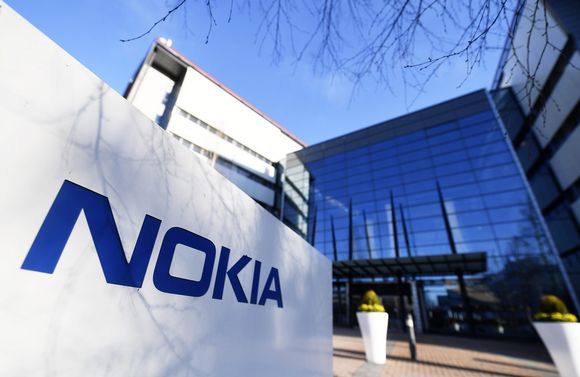
Nokia Corporation's Financial Performance and Market Position
- Earnings per share of $0.04 fell short of the estimated $0.07.
- Revenue of approximately $5.34 billion, surpassing the estimated $4.78 billion.
- Price-to-earnings (P/E) ratio is approximately 26.6, indicating investor valuation of earnings.
Nokia Corporation, listed on the NYSE under the symbol NOK, is a global leader in telecommunications and technology. The company is known for its network infrastructure, mobile networks, and cloud services. Despite its strong market presence, Nokia faces competition from other industry giants like Ericsson and Huawei.
On July 24, 2025, Nokia reported earnings per share of $0.04, which fell short of the estimated $0.07. This shortfall aligns with the company's announcement that its second-quarter operating profit and sales figures did not meet market expectations, as highlighted by Reuters. Despite this, Nokia generated revenue of approximately $5.34 billion, surpassing the estimated $4.78 billion.
Nokia's financial performance in the second quarter of 2025 was mixed. The company's comparable net sales declined by 1% year-over-year on a constant currency and portfolio basis, and by 2% when reported. This decline was primarily due to a 13% decrease in Mobile Networks, which had previously benefited from accelerated revenue recognition in the prior year. However, Network Infrastructure and Cloud and Network Services showed growth, increasing by 8% and 14%, respectively.
Nokia's financial ratios provide insight into its valuation and financial health. The company's price-to-earnings (P/E) ratio is approximately 26.6, indicating how much investors are willing to pay per dollar of earnings. The price-to-sales ratio stands at about 1.08, suggesting that investors are paying $1.08 for every dollar of sales. Nokia's enterprise value to sales ratio is around 1.06, reflecting the company's valuation in relation to its sales.
Nokia maintains a relatively low level of debt compared to equity, with a debt-to-equity ratio of 0.24. The company's current ratio is approximately 1.36, indicating a good level of liquidity to cover short-term liabilities. Additionally, Nokia's enterprise value to operating cash flow ratio is approximately 4.69, showing how the company's valuation compares to its cash flow from operations. With an earnings yield of about 3.76%, Nokia provides a return on investment relative to its earnings.
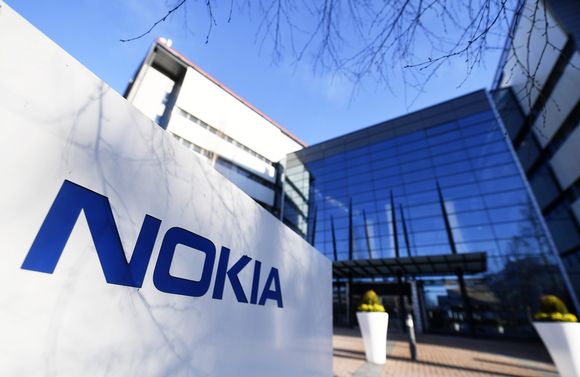
Nokia Corporation (NYSE:NOK) Announces Share Buyback Program
- Nokia Corporation (NYSE:NOK) has initiated a share buyback program to repurchase 150 million shares.
- The buyback program aims to mitigate the dilutive effects of new shares and share-based incentives, with a maximum expenditure of EUR 900 million.
- Nokia's recent financial performance has been strong, with earnings per share of $0.19 and revenue of approximately $6.24 billion.
Nokia Corporation (NYSE:NOK) is a global leader in telecommunications, information technology, and consumer electronics. The company is known for its innovative solutions in mobile networks, digital health, and more. Nokia competes with other major players like Ericsson and Huawei in the telecommunications industry. On February 10, 2025, Nokia announced a share buyback program to repurchase 150 million shares, aiming to mitigate the dilutive effects of new shares issued to Infinera Corporation shareholders and certain share-based incentives.
The buyback program, which started on November 25, 2024, is set to conclude by December 31, 2025, with a maximum expenditure of EUR 900 million. On February 10, 2025, Nokia executed transactions worth EUR 6.6 million, increasing its treasury shares to approximately 243.7 million. This initiative is conducted in compliance with the Market Abuse Regulation (EU) 596/2014 and other relevant regulations, under the authorization granted by Nokia’s Annual General Meeting on April 3, 2024.
Nokia's financial performance has been strong, as evidenced by its recent earnings report on January 30, 2025. The company reported earnings per share of $0.19, surpassing the estimated $0.14. Additionally, Nokia's revenue reached approximately $6.24 billion, exceeding the estimated $4.40 billion. This positive financial performance supports the company's strategic initiatives, including the share buyback program.
Currently, Nokia's stock is priced at $4.99, reflecting a 1.73% increase with a price change of $0.085. The stock has fluctuated between a low of $4.88 and a high of $4.99 today, with $4.99 marking its highest price over the past year. Nokia's market capitalization stands at approximately $26.79 billion, with a trading volume of 18.35 million shares. Over the past year, the stock has seen a low of $3.29, indicating a significant recovery in its stock price.

Nokia Corporation (NYSE:NOK) Announces Share Buyback Program
- Nokia Corporation (NYSE:NOK) has initiated a share buyback program to repurchase 150 million shares.
- The buyback program aims to mitigate the dilutive effects of new shares and share-based incentives, with a maximum expenditure of EUR 900 million.
- Nokia's recent financial performance has been strong, with earnings per share of $0.19 and revenue of approximately $6.24 billion.
Nokia Corporation (NYSE:NOK) is a global leader in telecommunications, information technology, and consumer electronics. The company is known for its innovative solutions in mobile networks, digital health, and more. Nokia competes with other major players like Ericsson and Huawei in the telecommunications industry. On February 10, 2025, Nokia announced a share buyback program to repurchase 150 million shares, aiming to mitigate the dilutive effects of new shares issued to Infinera Corporation shareholders and certain share-based incentives.
The buyback program, which started on November 25, 2024, is set to conclude by December 31, 2025, with a maximum expenditure of EUR 900 million. On February 10, 2025, Nokia executed transactions worth EUR 6.6 million, increasing its treasury shares to approximately 243.7 million. This initiative is conducted in compliance with the Market Abuse Regulation (EU) 596/2014 and other relevant regulations, under the authorization granted by Nokia’s Annual General Meeting on April 3, 2024.
Nokia's financial performance has been strong, as evidenced by its recent earnings report on January 30, 2025. The company reported earnings per share of $0.19, surpassing the estimated $0.14. Additionally, Nokia's revenue reached approximately $6.24 billion, exceeding the estimated $4.40 billion. This positive financial performance supports the company's strategic initiatives, including the share buyback program.
Currently, Nokia's stock is priced at $4.99, reflecting a 1.73% increase with a price change of $0.085. The stock has fluctuated between a low of $4.88 and a high of $4.99 today, with $4.99 marking its highest price over the past year. Nokia's market capitalization stands at approximately $26.79 billion, with a trading volume of 18.35 million shares. Over the past year, the stock has seen a low of $3.29, indicating a significant recovery in its stock price.







